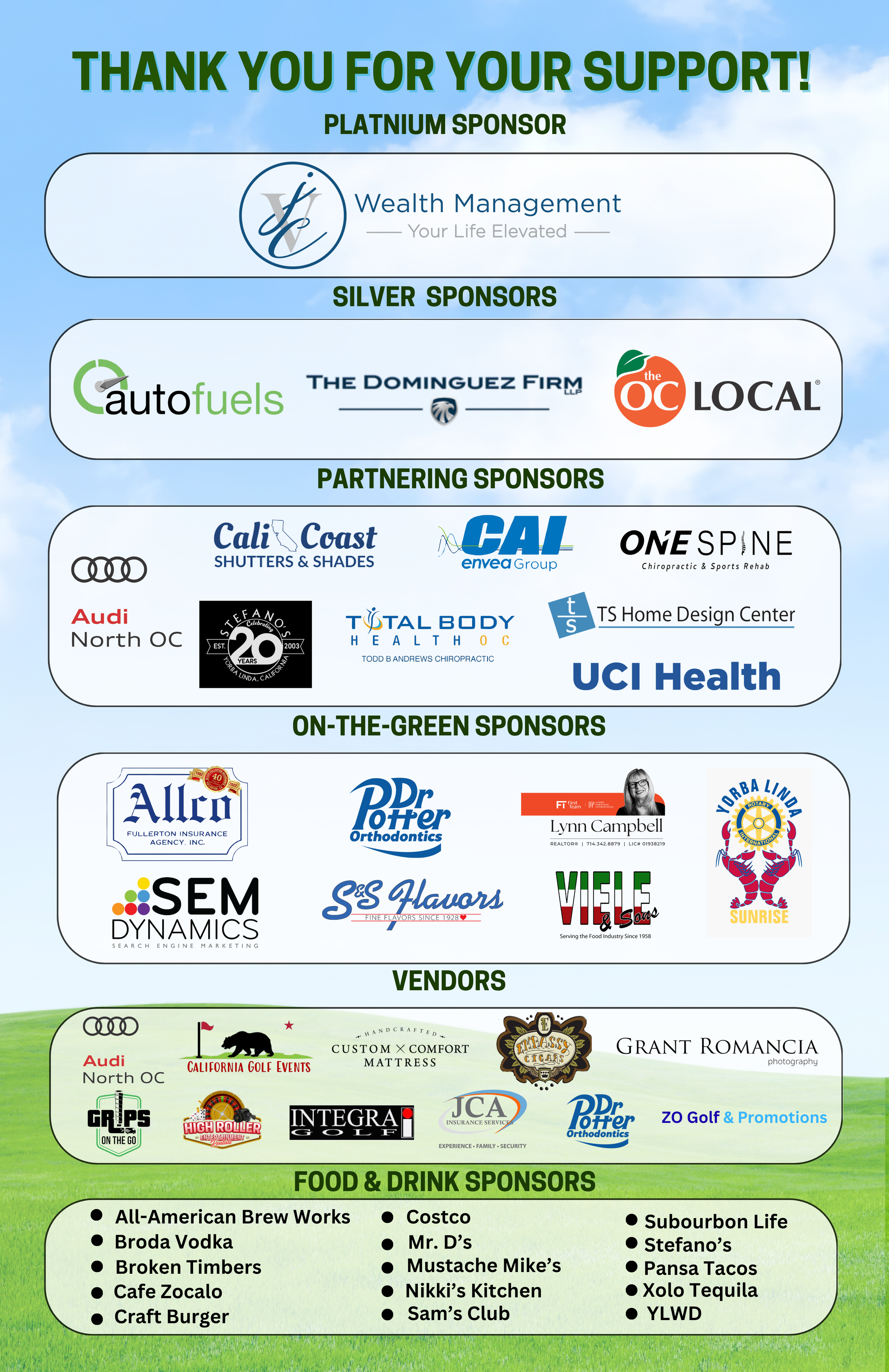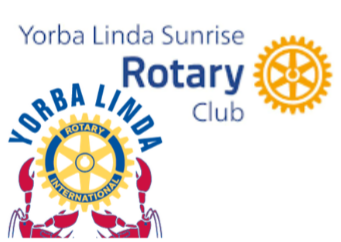
Driving Research, Raising Ataxia Awareness, Supporting Families
At Brothers On A Quest, our mission is to fund research, awareness and education for families affected by Ataxia AOA2.
Our vision is a world where Ataxia AOA2 has a treatment and a cure.
We aspire to:
Find a Cure: Support groundbreaking research to develop effective treatments and ultimately find a cure for Ataxia and AOA2.
Raise Awareness: Increase public understanding and awareness of these rare neurological conditions to foster a more inclusive and supportive society.
Empower Families: Provide essential resources, education, and support to families affected by Ataxia and AOA2, helping them navigate the challenges and improve their quality of life.
Together, we can create a future where no one has to face Ataxia alone and where hope turns into reality.
Upcoming Community Event:
Join us on our Road for A Cure. Fuel our Quest to a Cure
💙 Join us in our race to cur Ataxia
Help Brothers On A Quest raise funds for life-changing Ataxia research. We are on a mission to reach $250,000, and your business will help us get there.
Become on the journey.
Big THANK YOU to our 2025 Charity Golf Sponsors!
We Are Strong
Premiered November 2, 2018
A True Story of the DeMint Family
Click here to watch the trailer and learn more about our film featuring our real life struggles and challenges living with Ataxia.
“We are on a mission to find a cure for Ataxia. We will fight. We will not give up until we find a cure, because we are strong.”
Become a part of our mission by getting involved! Whether through donations, volunteering, or participating in our events, there are many ways to contribute. Together, we can make strides towards finding a cure and providing much-needed support to those affected by Ataxia and AOA2. Learn how you can make a difference today!
Join Our Quest
Our Partners
“Ataxia may slow us down, but it will never stop our quest for a cure.”
— Cindy De Mint, Mother, Caregiver, BOQ Founder, CEO


















